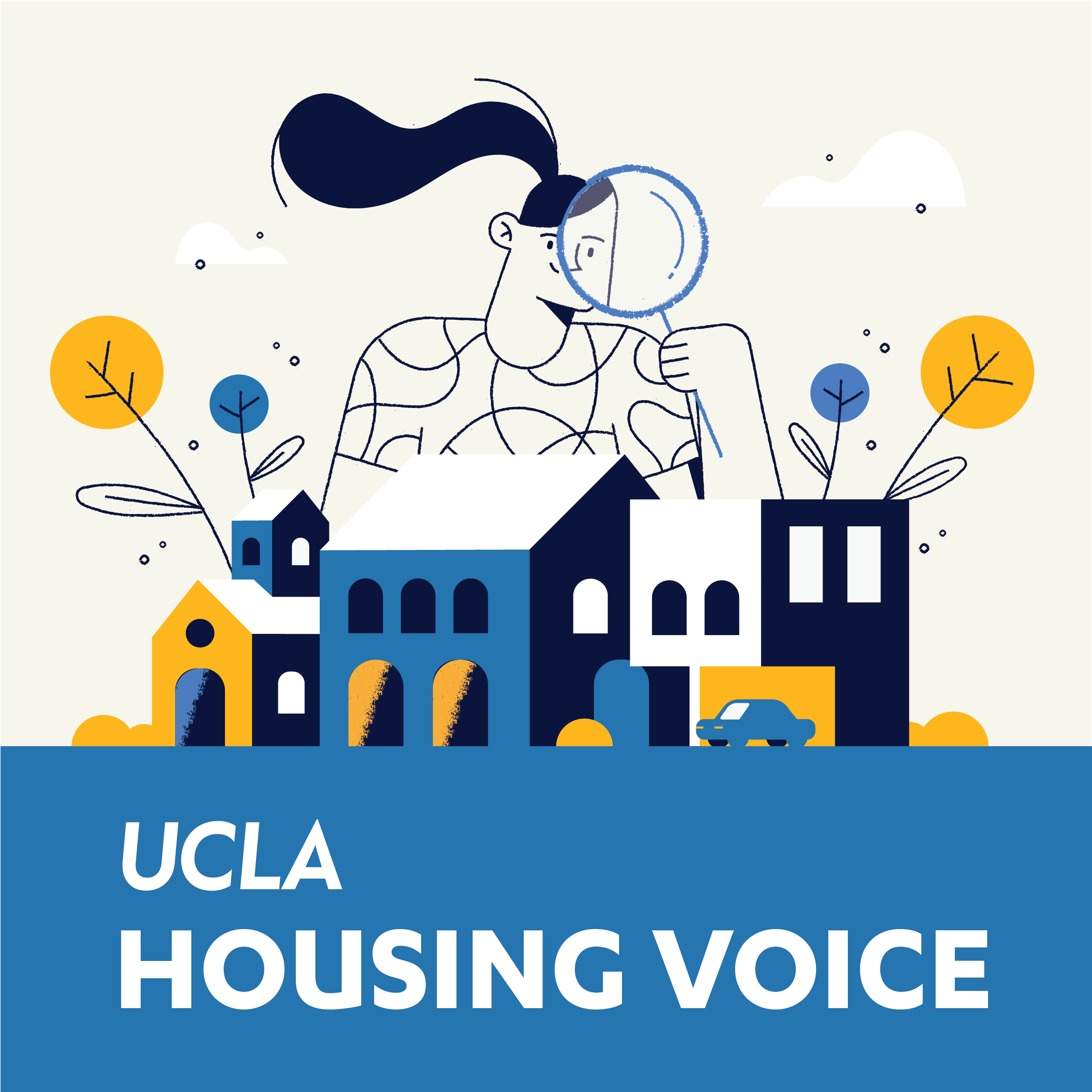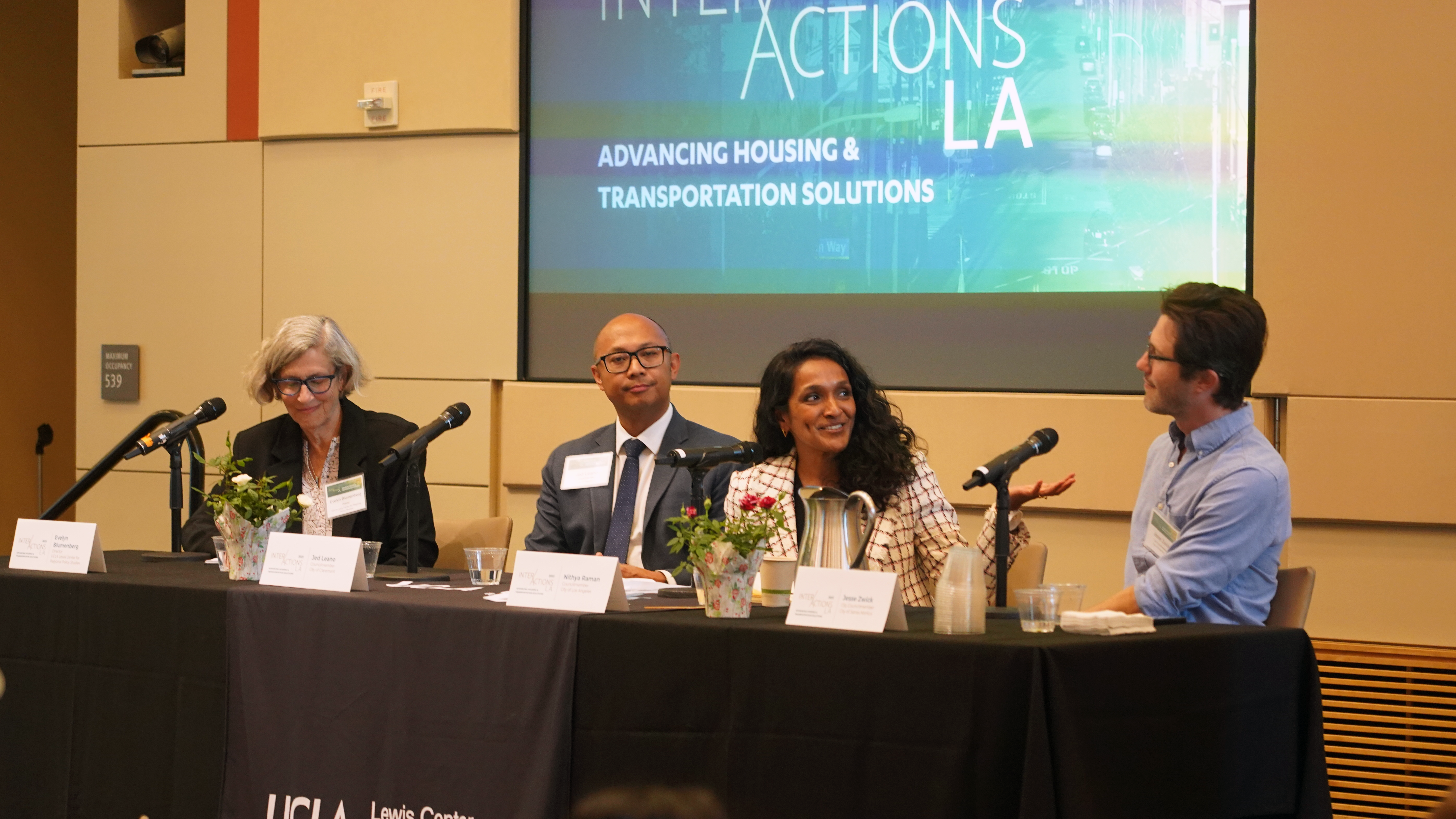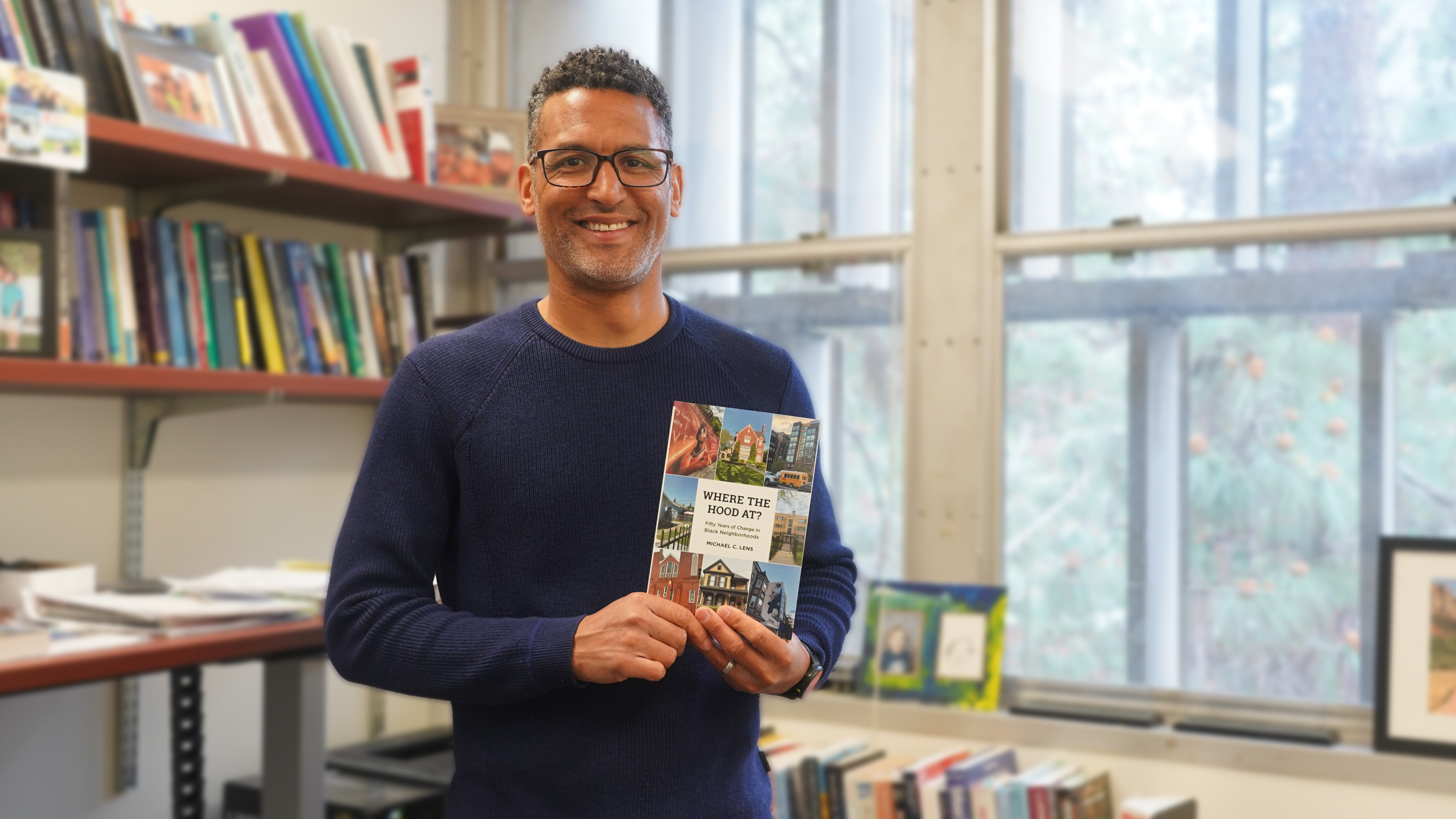Episode 91: Neighborhood Change and Transit Ridership with Mike Manville (Road Scholars pt. 1)
Lewis Center2025-05-07T12:16:11-07:00How does housing policy — specifically rising rents and worsening affordability — affect transit? Mike Manville takes the guest seat in the first episode of Road Scholars.




